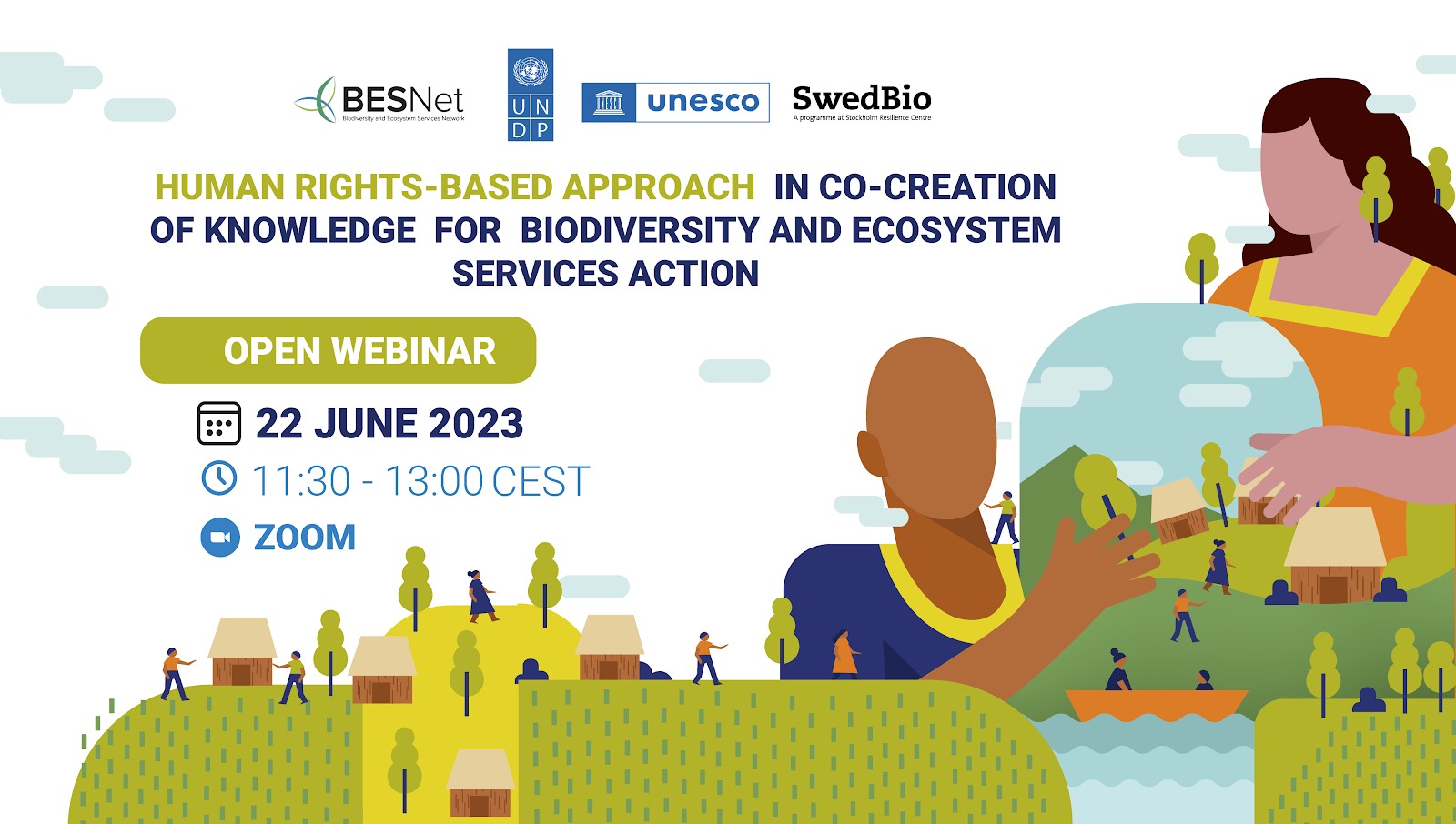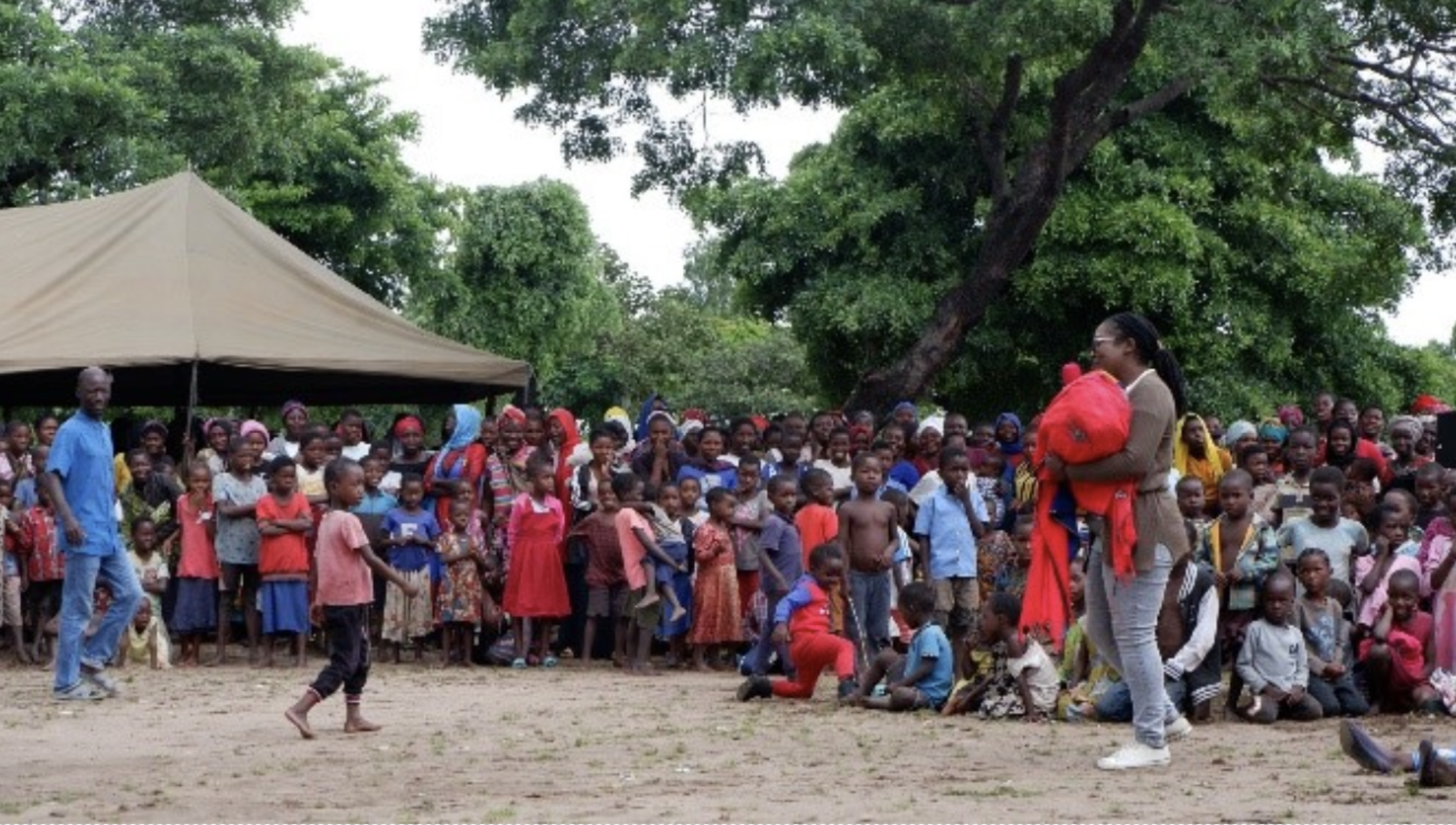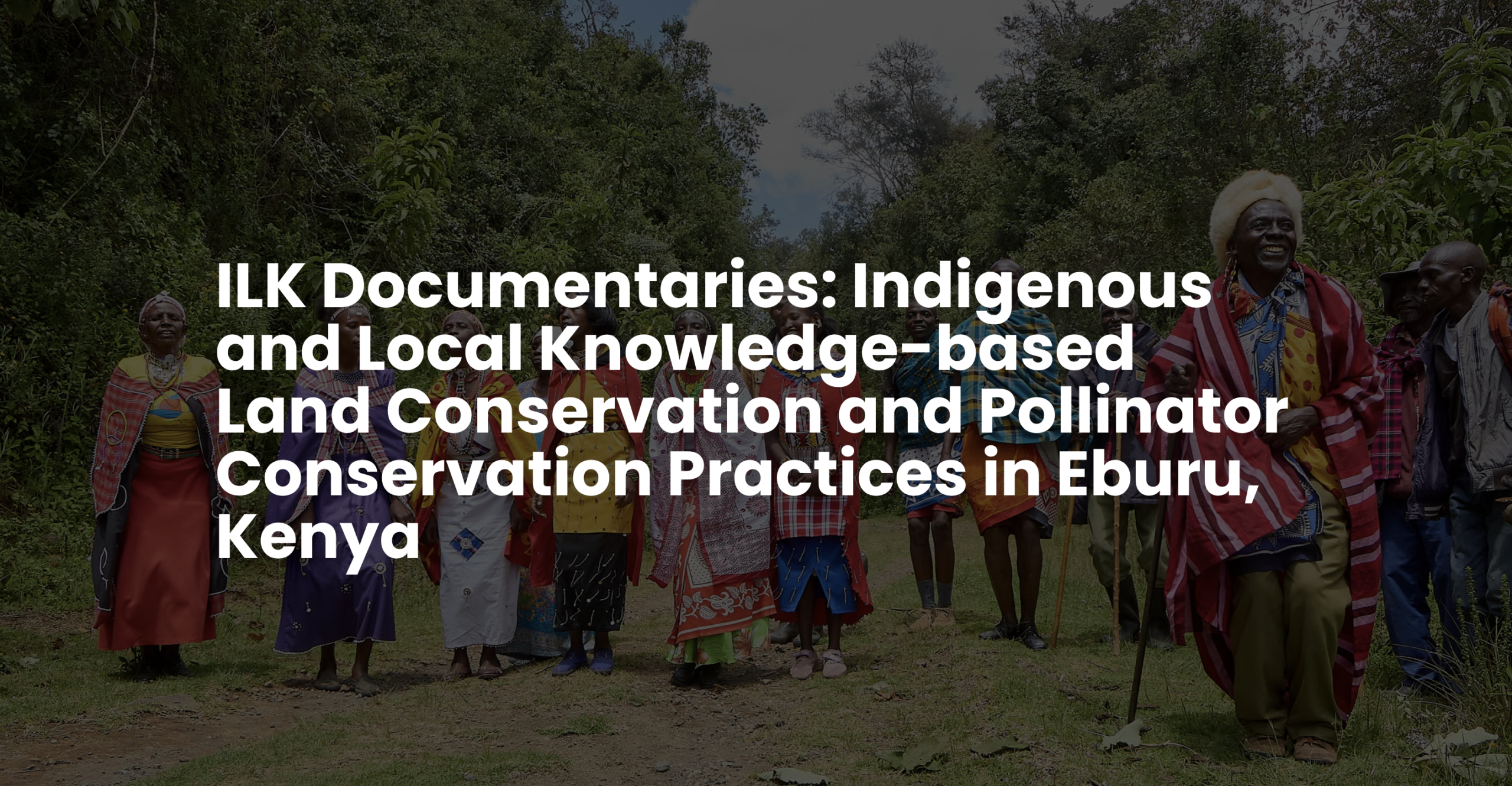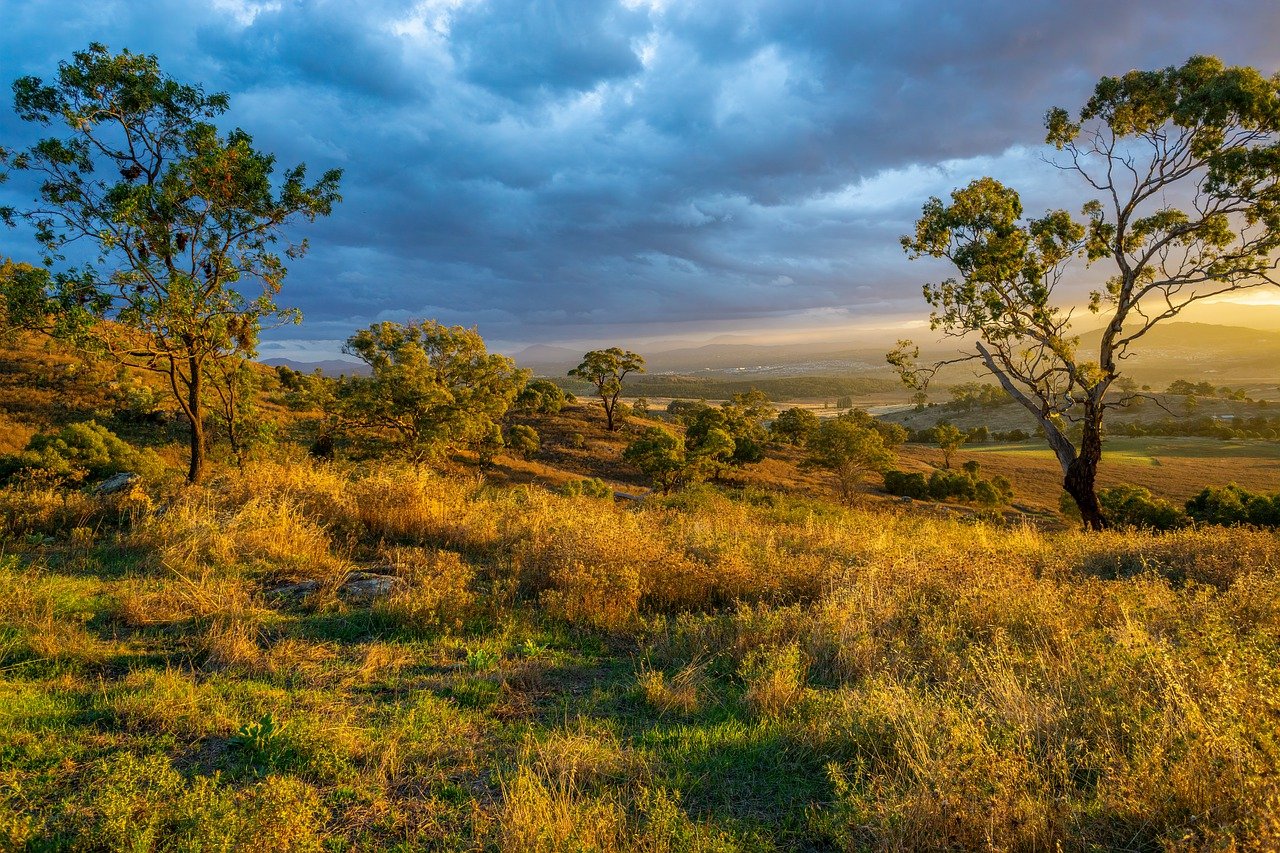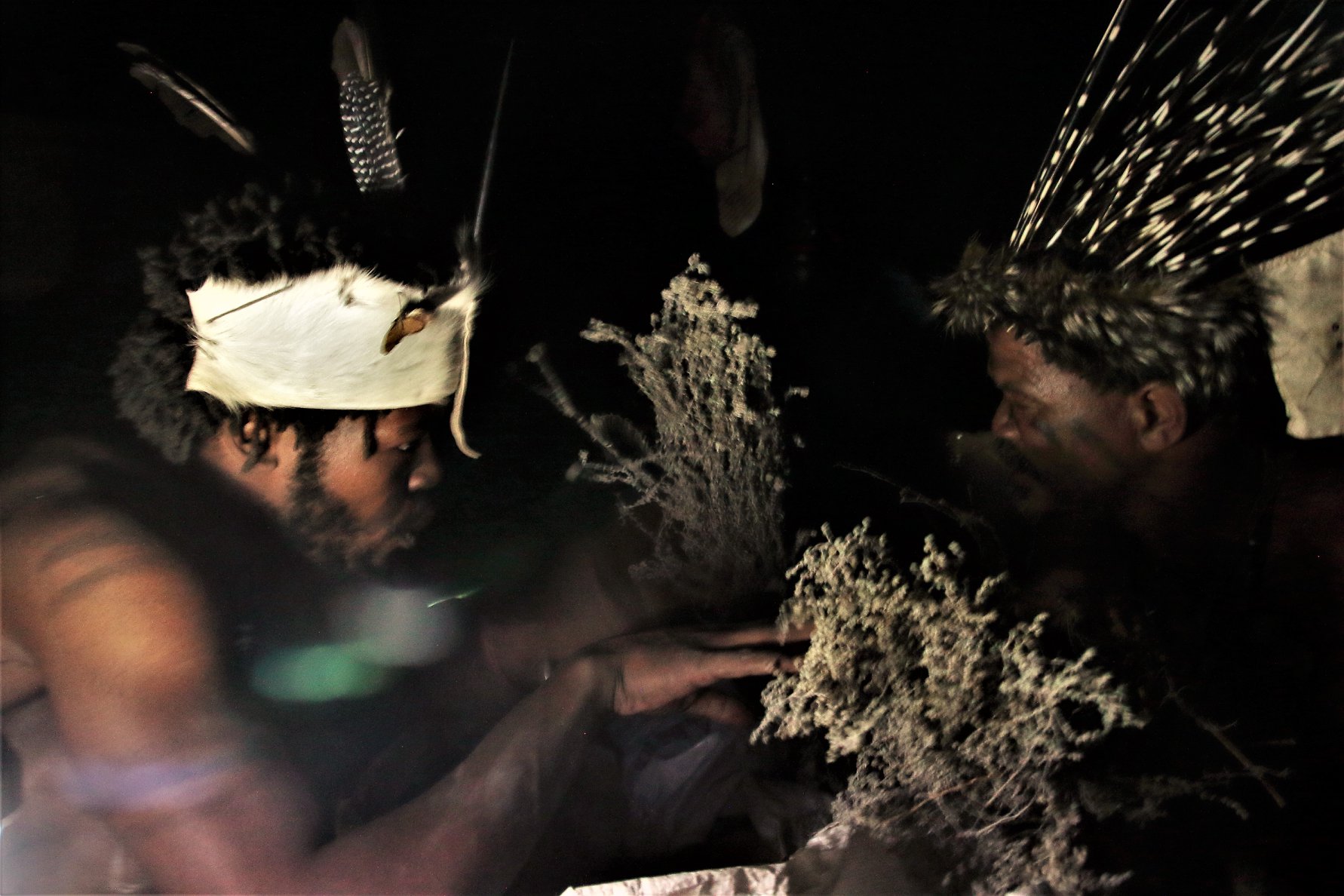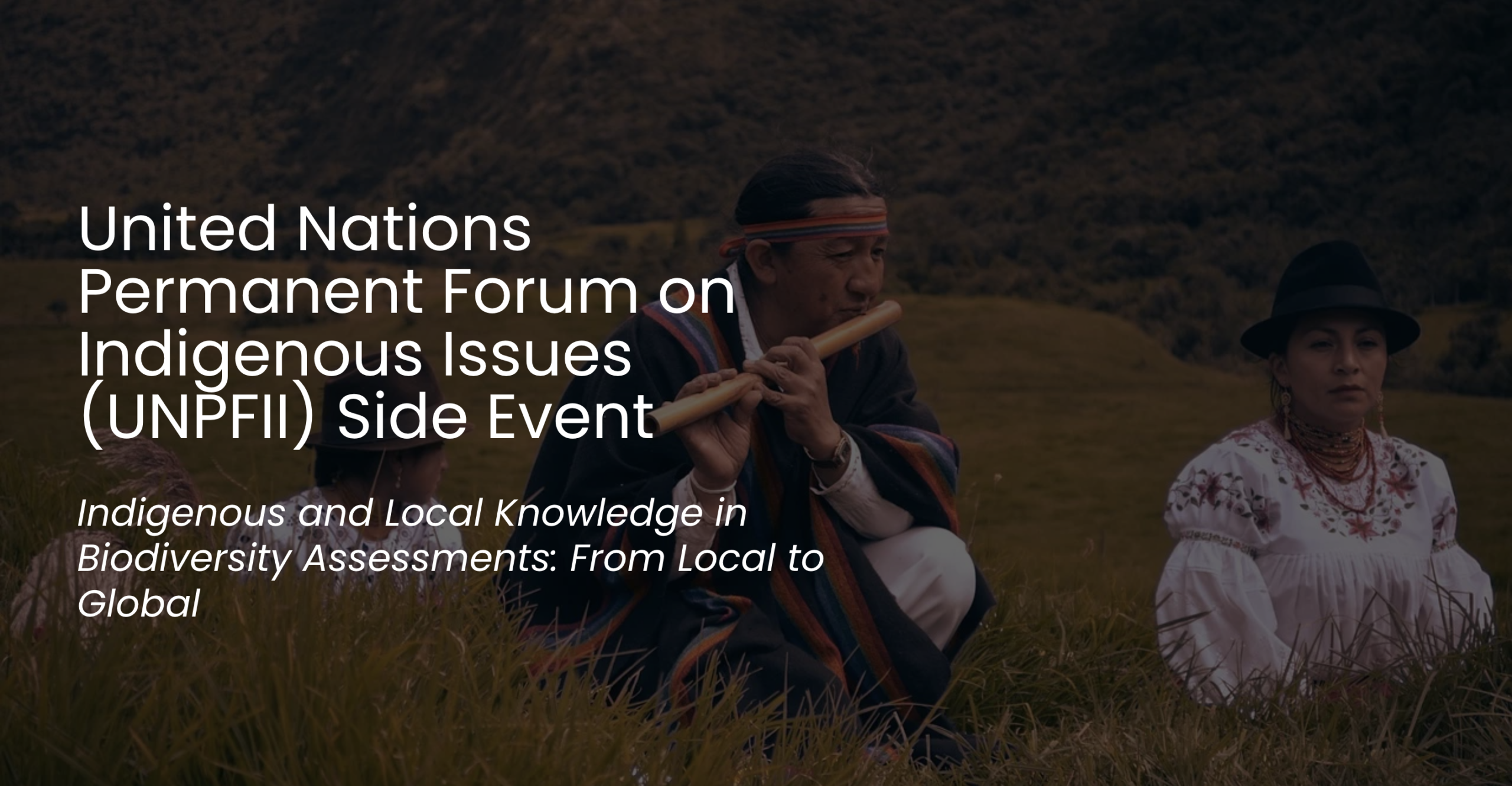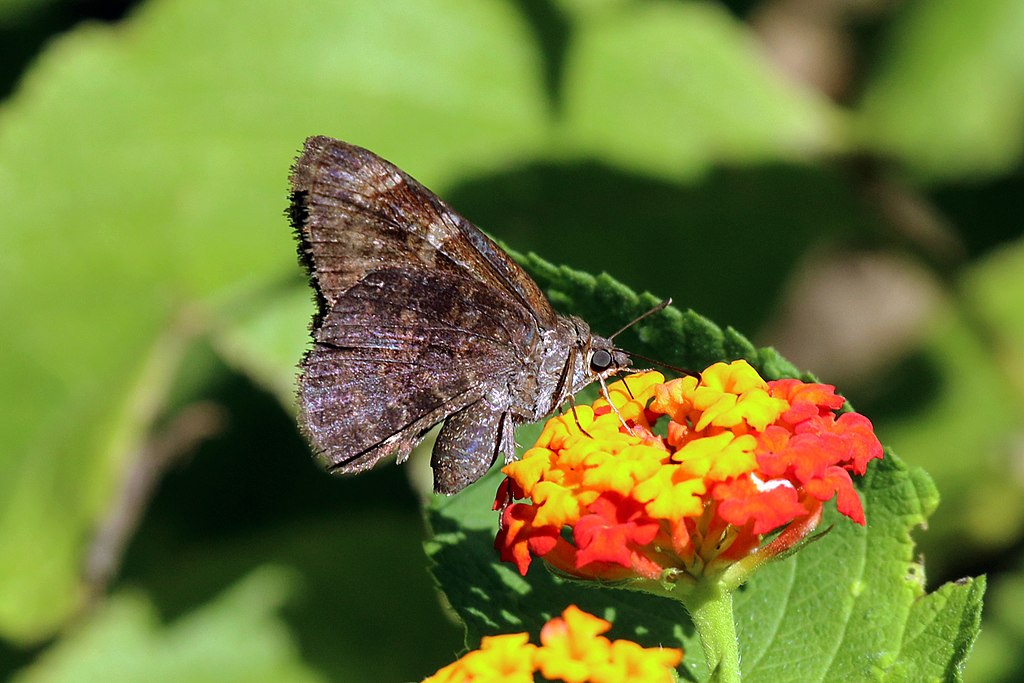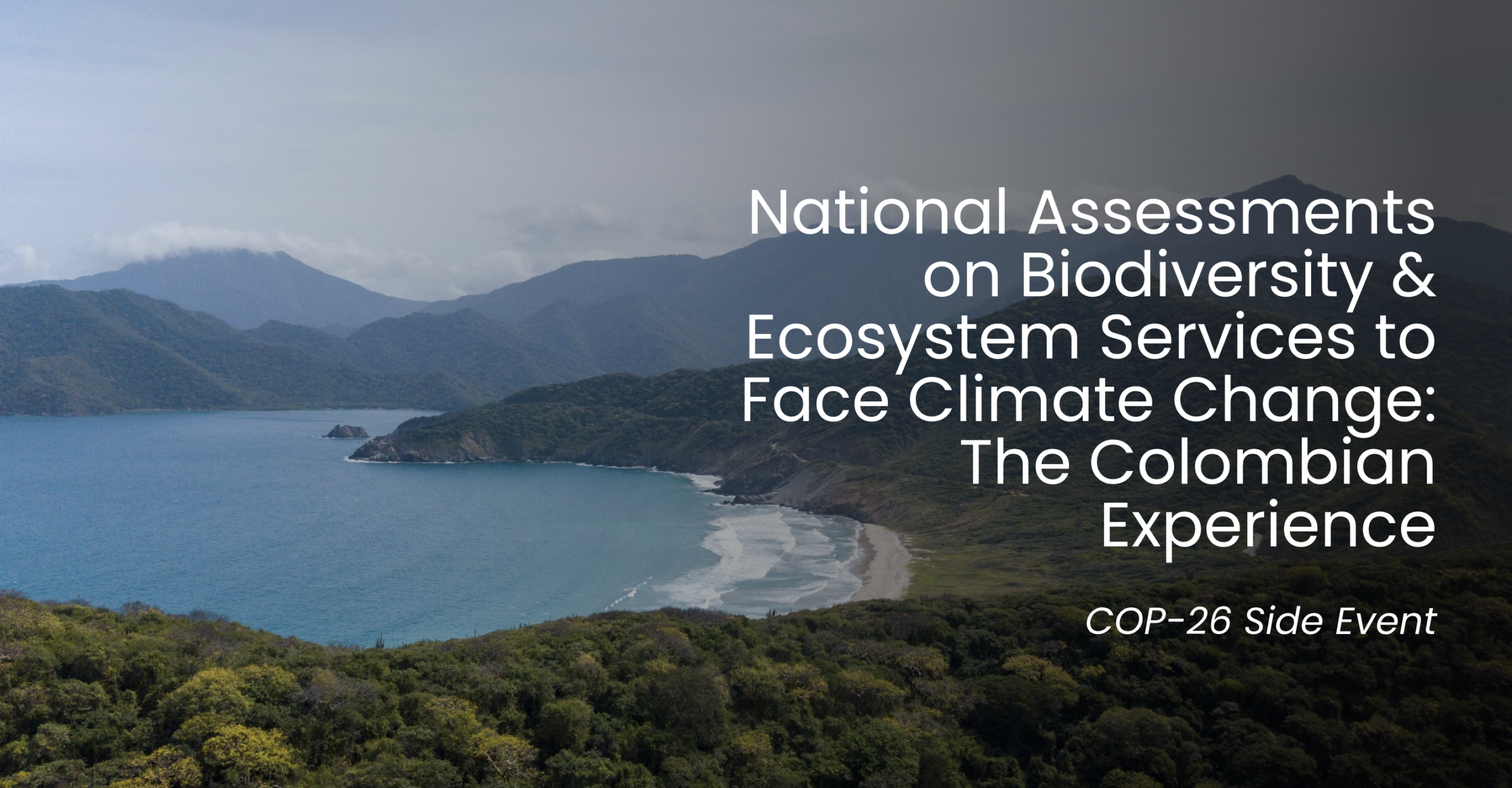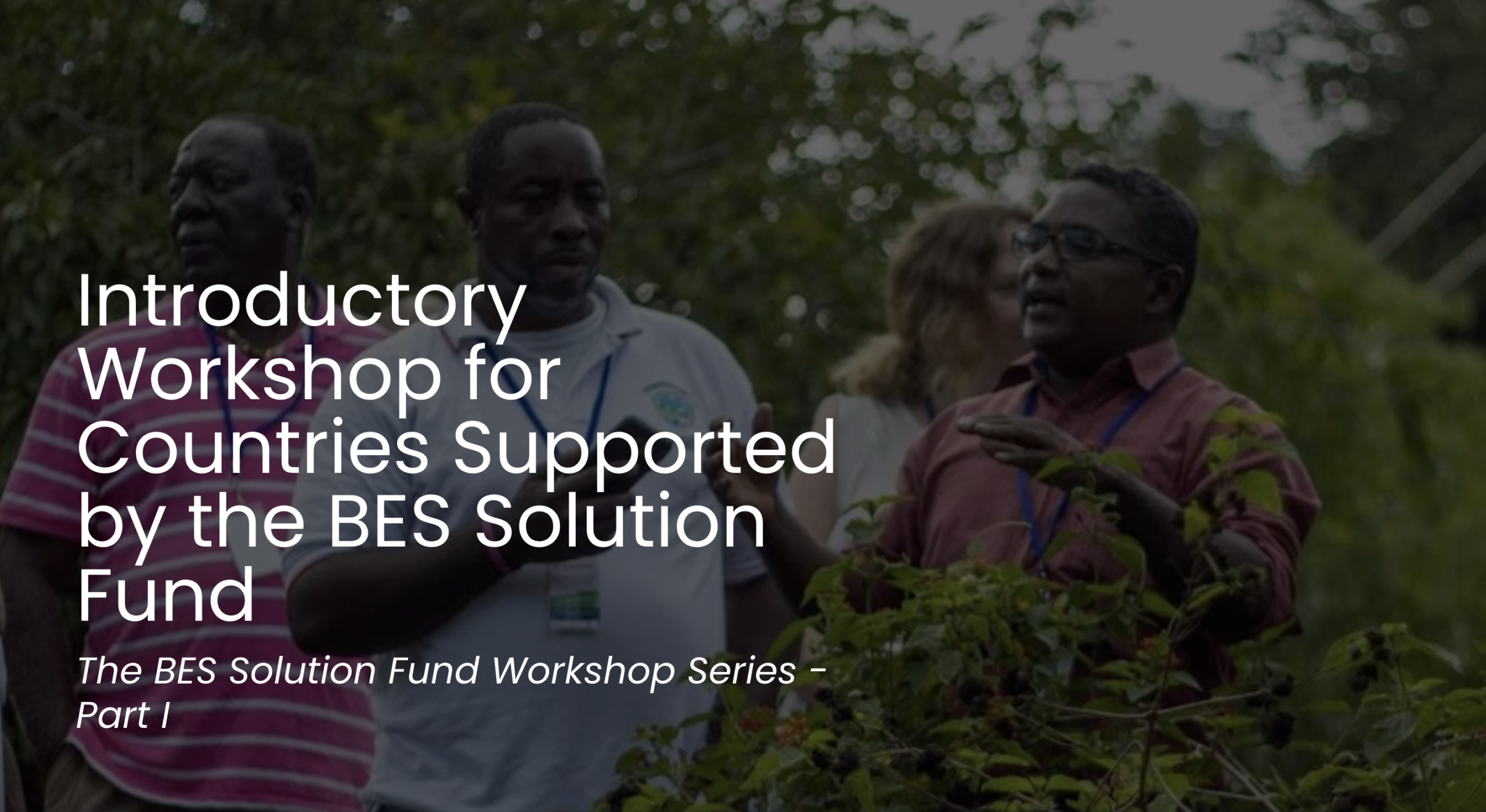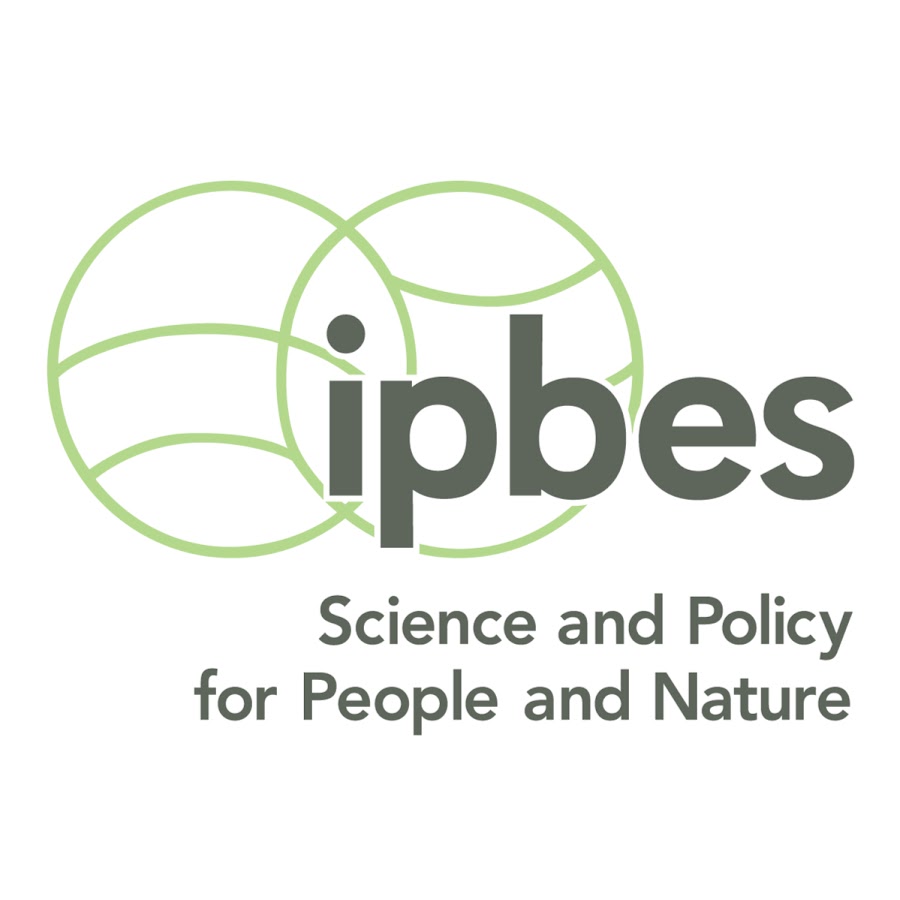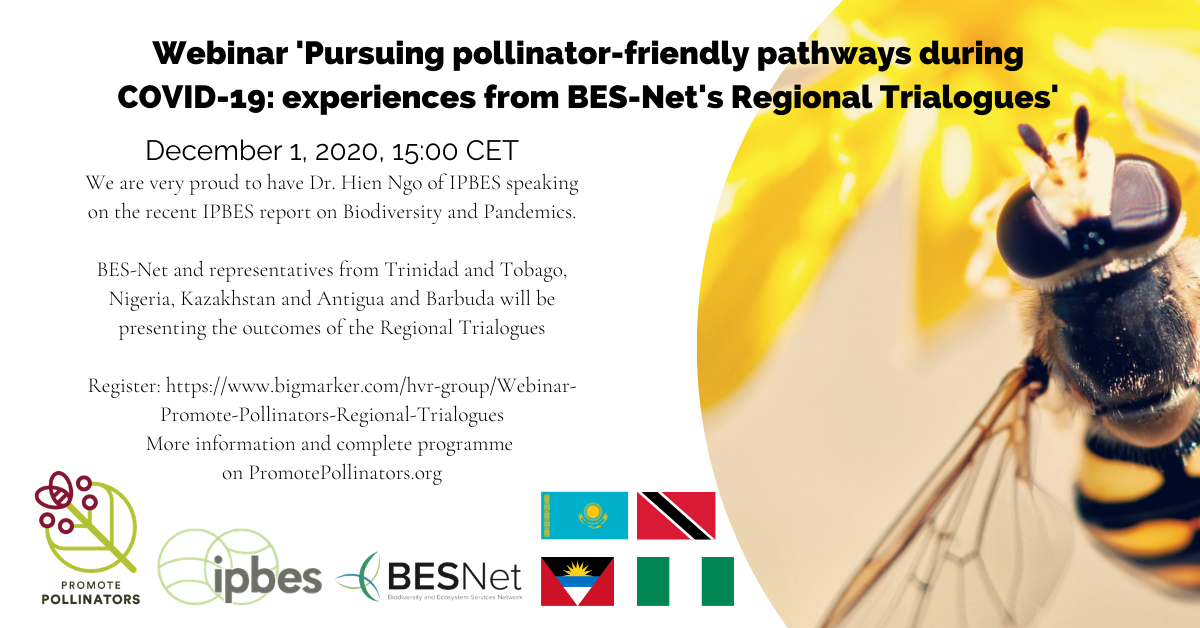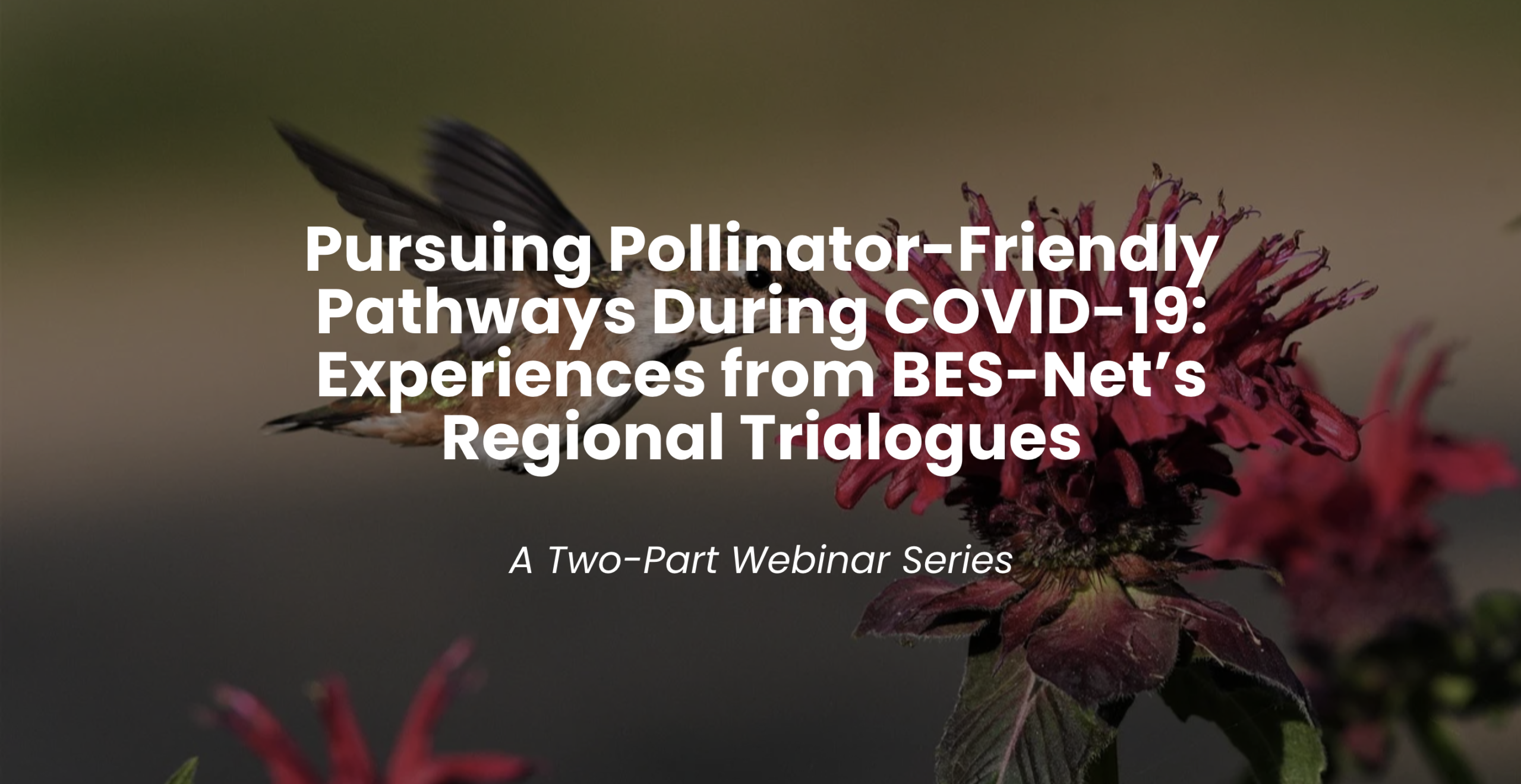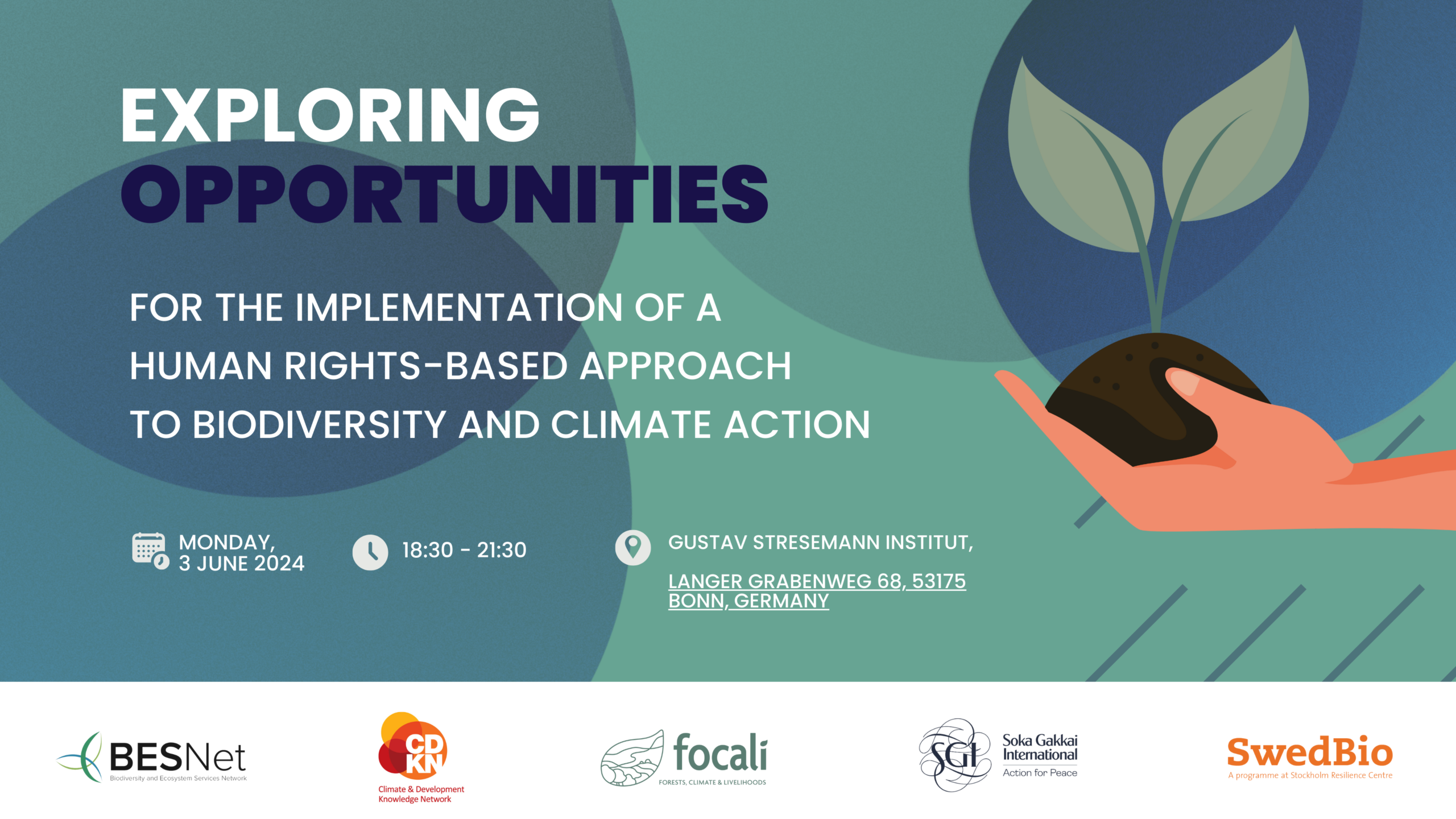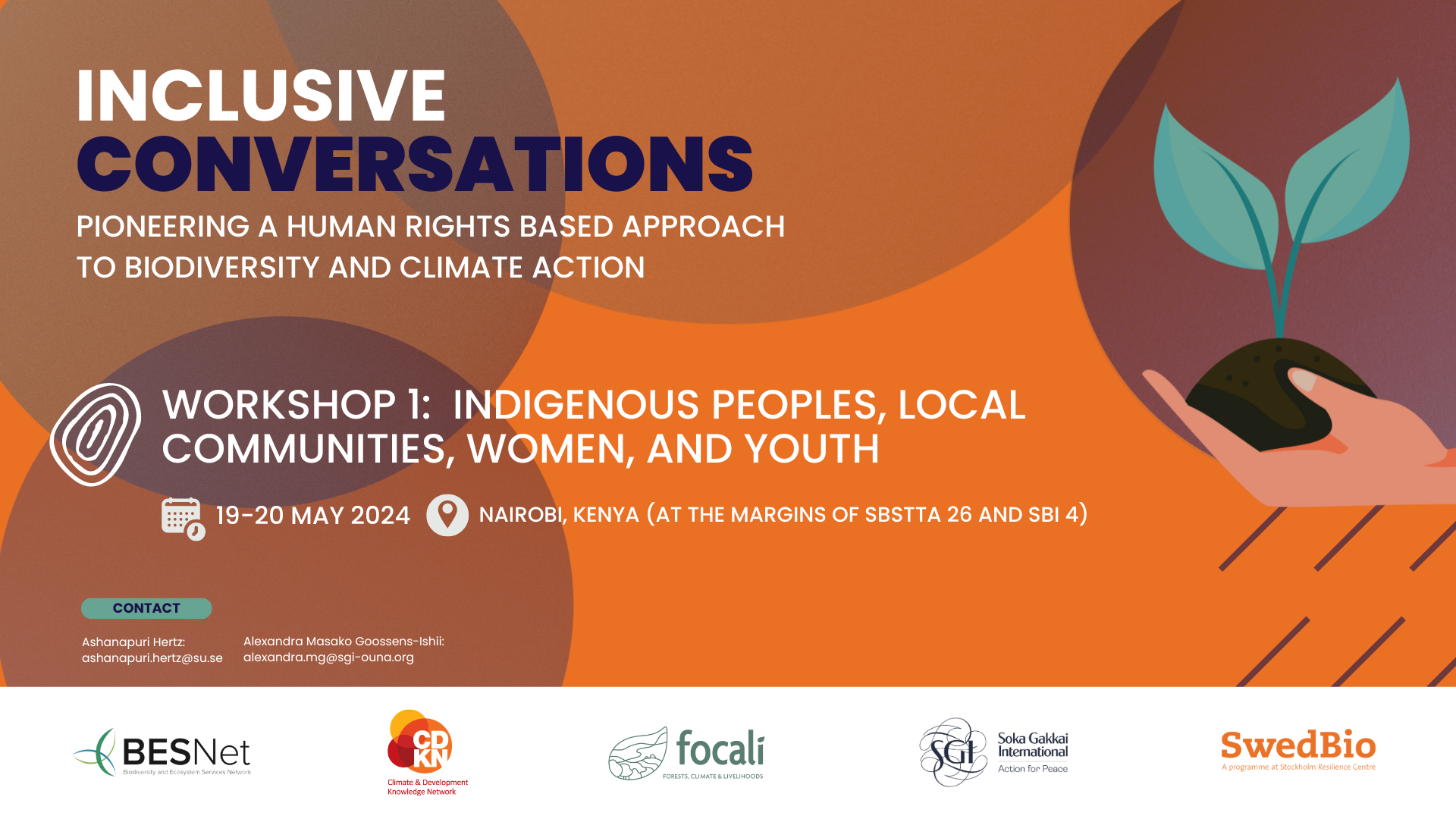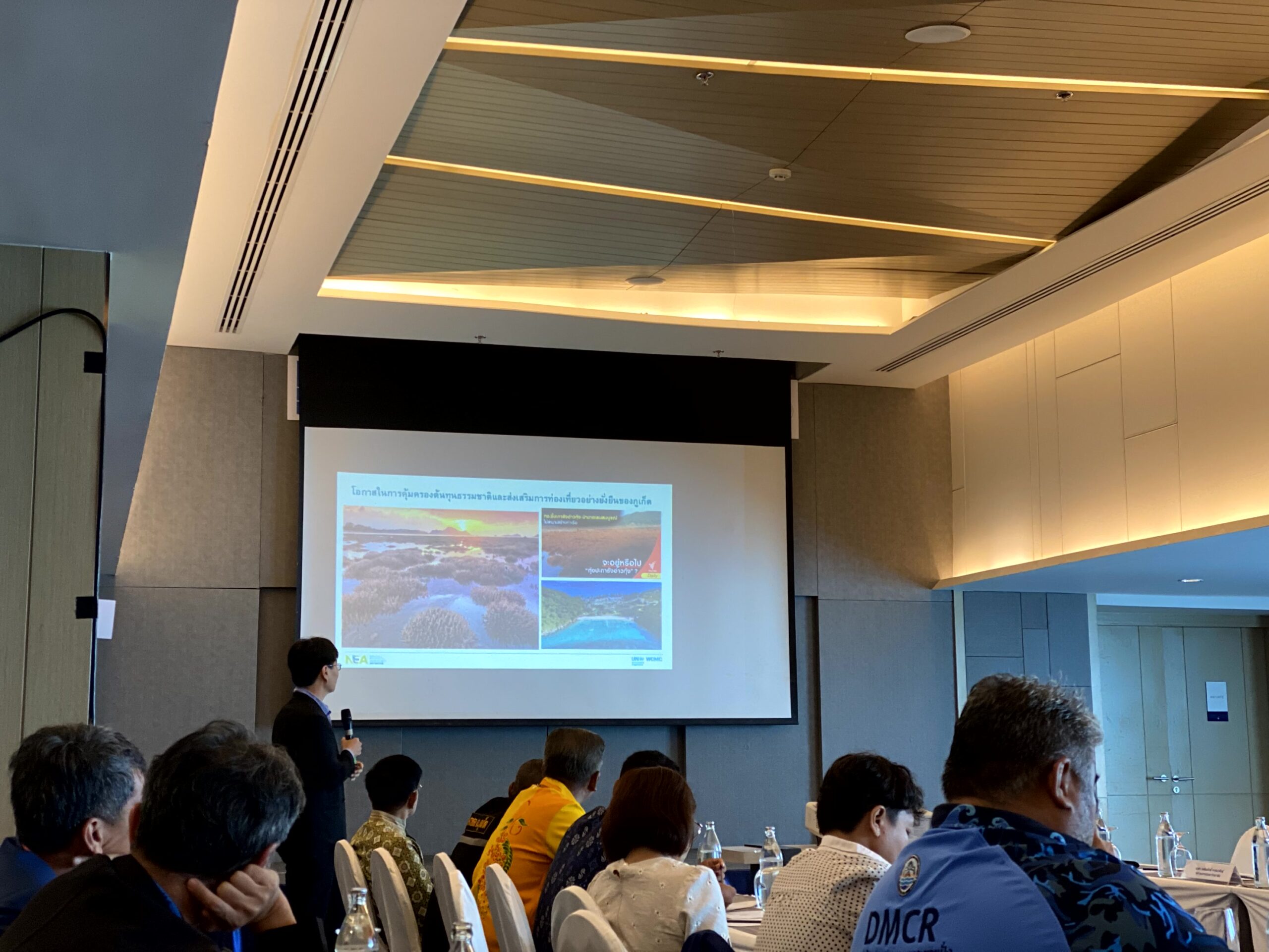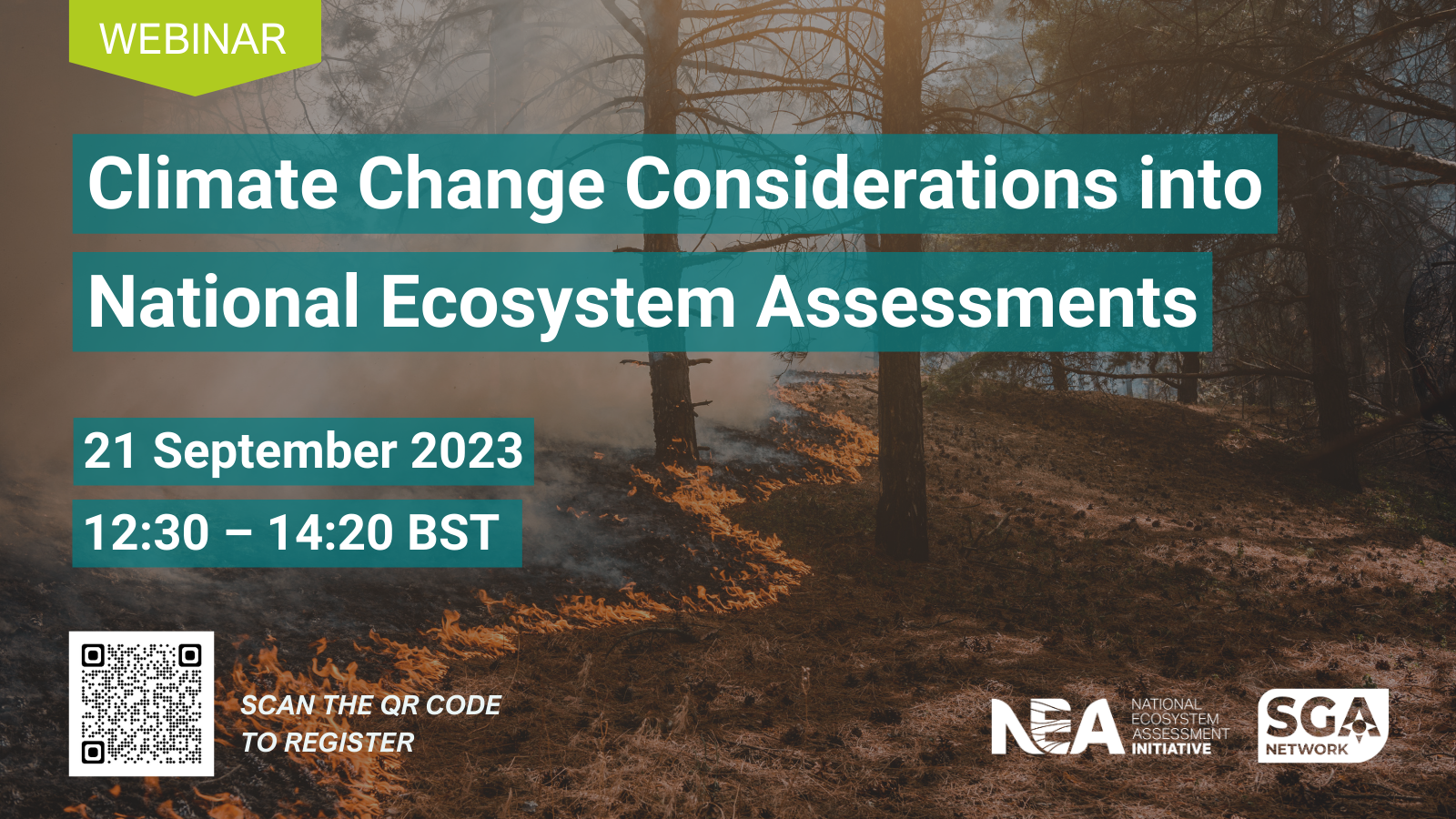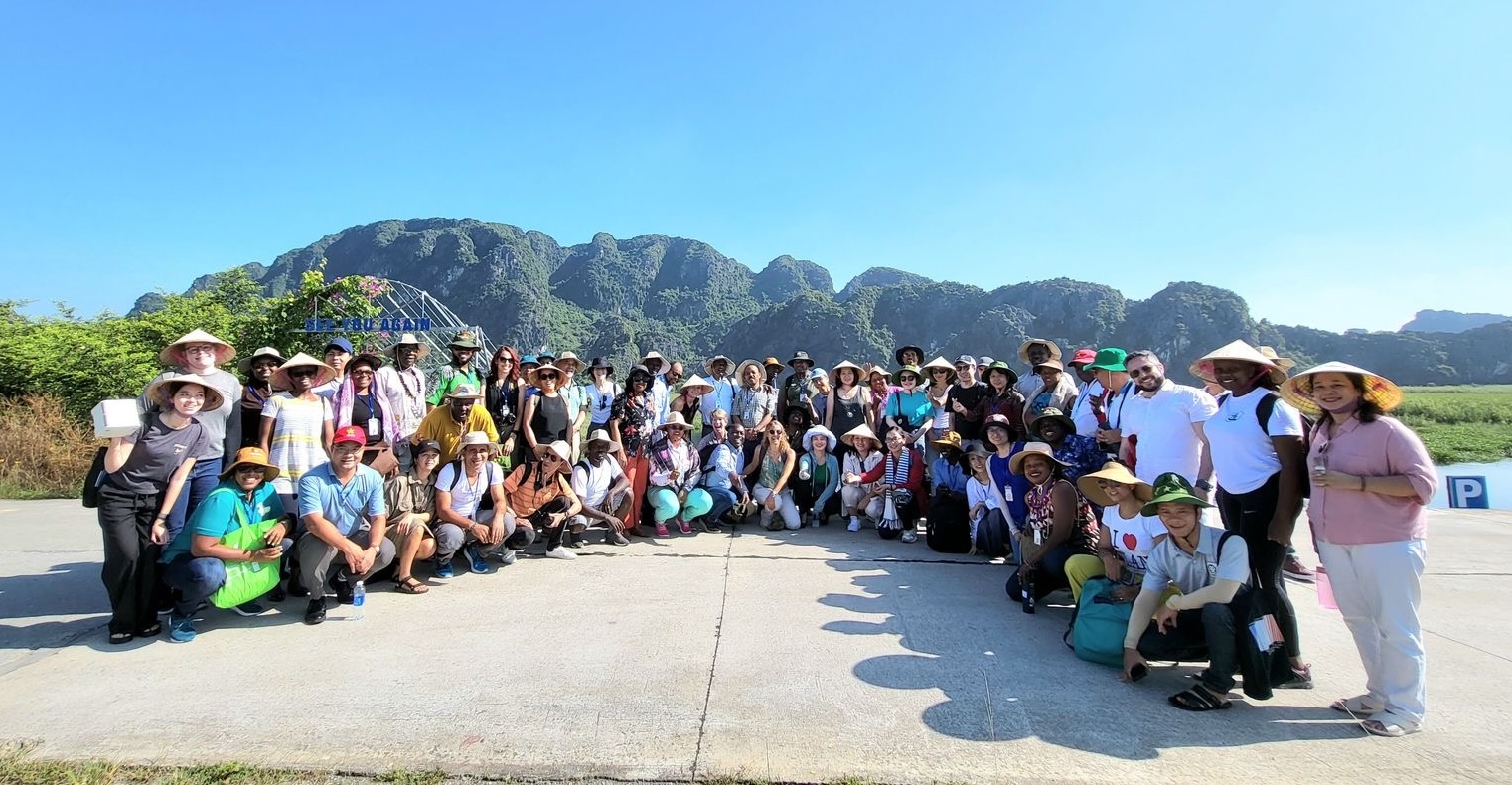ILK Documentaries: Indigenous and Local Knowledge-based Land Conservation and Pollinator Conservation Practices in Eburu, Kenya
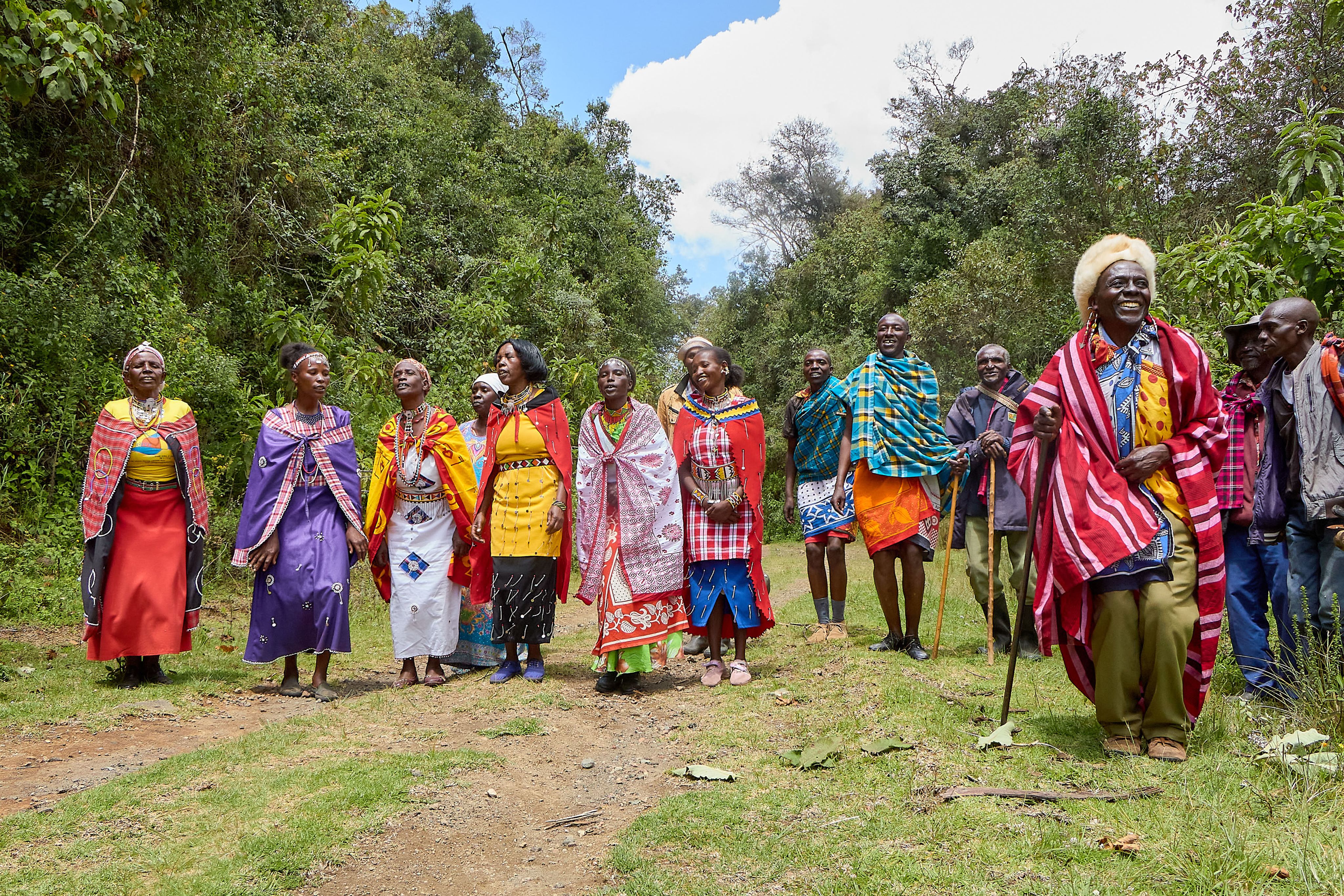
Image courtesy of the Kenya Team.
Image courtesy of the Kenya Team.
The Ogiek people in the Songoroi village have lived in the Eburu forest (one of the 22 gazetted forest blocks in the Mau Forest Complex), solely relying on the forest’s natural resources for food, livelihood, shelter and medicine. They traditionally practised beekeeping and harvested honey as one of their main sources of food, especially during droughts, famines and calamities. More than a staple, honey has a significant symbolic value embedded in the Ogiek culture and identity, permeating cultural practices such as sacred rituals. Even to this day, honey is still used as a dowry for marriages.
The Ogiek way of life – especially the community’s relationship with nature – has significantly contributed to the preservation of the forest’s biodiversity. But due to human encroachment, illegal logging, charcoal burning and forced evictions of forest dwellers whose Indigenous knowledge helped to preserve biodiversity, the Eburu forest has suffered massive land degradation. As a result, the Ogiek community has been displaced, with limited access to indigenous food and forced to look for alternative sources of livelihood. Alienation from their ancestral land caused the erosion of the Ogiek’s Indigenous knowledge traditionally passed down from many generations, stripping them of their identity.
Recognizing the immense value of Indigenous Peoples and local communities’ knowledge regarding biodiversity conservation and land restoration, the Kenya National Trialogue Secretariat (represented by the Ogiek Peoples Development Programme, National Museums of Kenya and the Kenya Forestry Research Institute, which currently implements BES-Net’s BES Solution Fund in Kenya) held an Indigenous and local knowledge walking workshop in Eburu from 29 September to 1 October 2022 with support of UNDP and UNESCO.
Organized as a community-driven peer-to-peer dialogue, the workshop aimed to document Indigenous knowledge of pollinator conservation, landscape restoration and management systems practised by communities in the Eburu ecosystem. This approach paved the way for cultural and knowledge exchange between local and external Indigenous and local knowledge holders, encompassing beyond the Eburu forest community.
Image captions
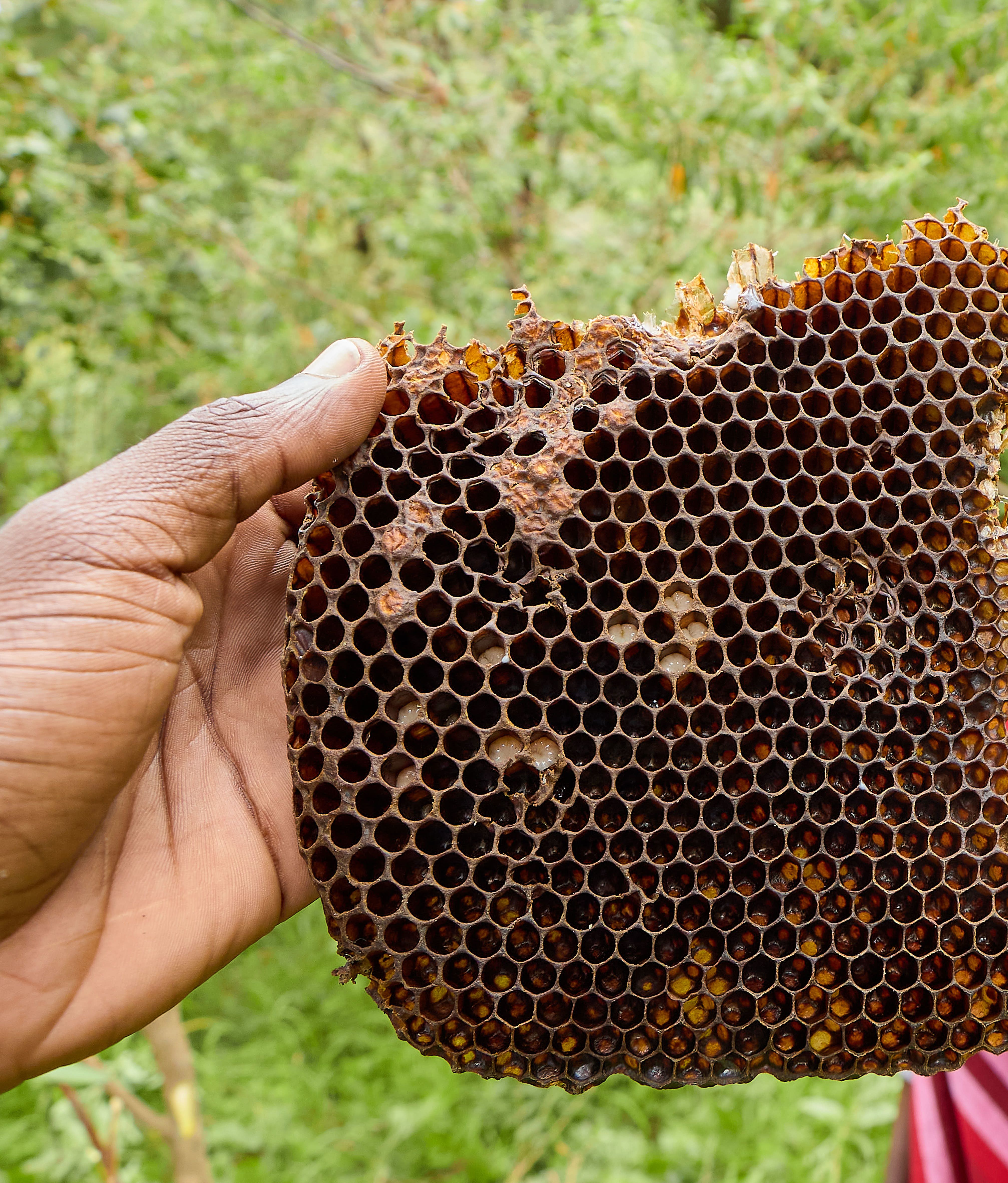
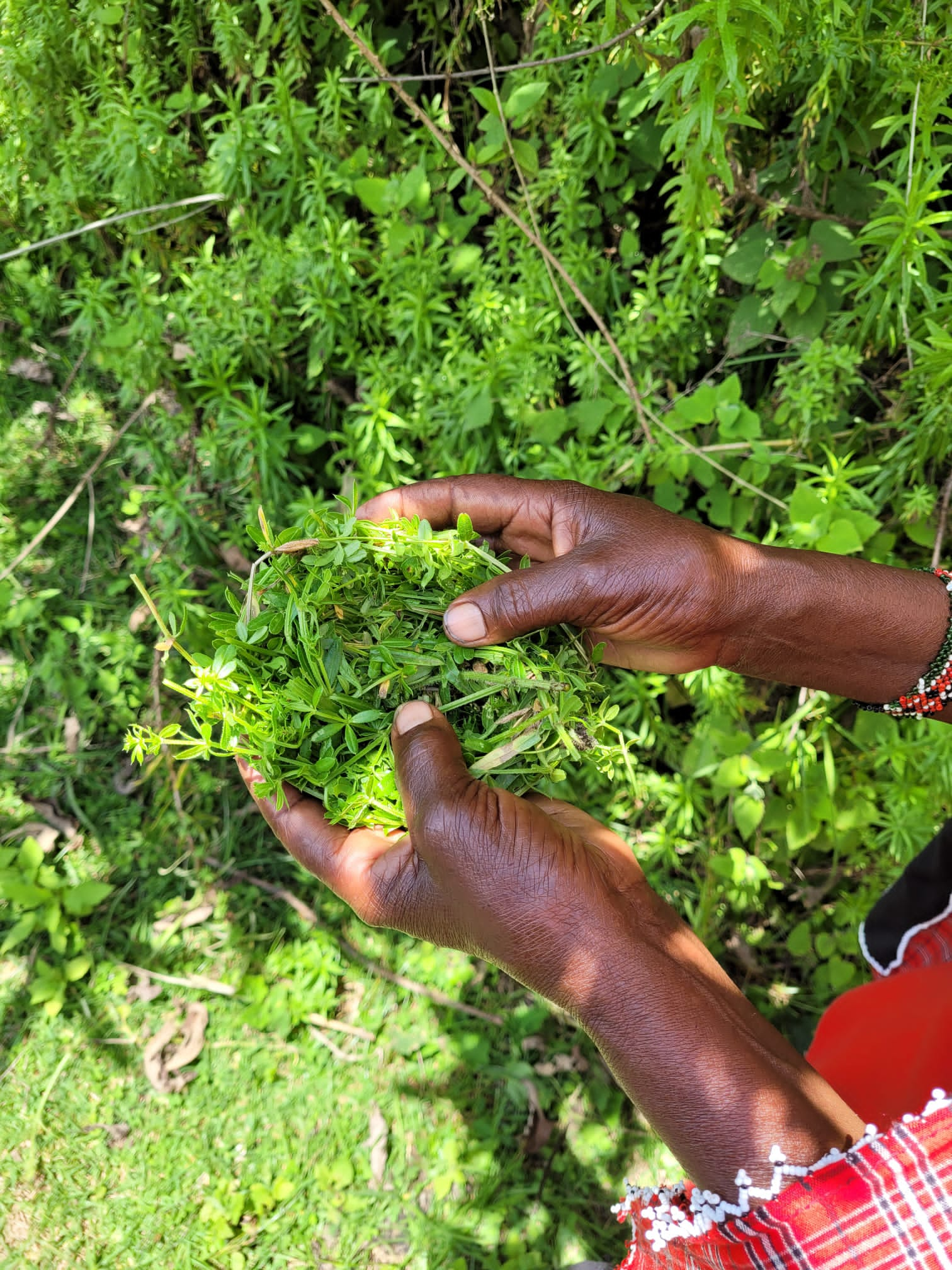
The Ogiek people in the Songoroi village have lived in the Eburu forest (one of the 22 gazetted forest blocks in the Mau Forest Complex), solely relying on the forest’s natural resources for food, livelihood, shelter and medicine. They traditionally practised beekeeping and harvested honey as one of their main sources of food, especially during droughts, famines and calamities. More than a staple, honey has a significant symbolic value embedded in the Ogiek culture and identity, permeating cultural practices such as sacred rituals. Even to this day, honey is still used as a dowry for marriages.

The Ogiek way of life – especially the community’s relationship with nature – has significantly contributed to the preservation of the forest’s biodiversity. But due to human encroachment, illegal logging, charcoal burning and forced evictions of forest dwellers whose Indigenous knowledge helped to preserve biodiversity, the Eburu forest has suffered massive land degradation. As a result, the Ogiek community has been displaced, with limited access to indigenous food and forced to look for alternative sources of livelihood. Alienation from their ancestral land caused the erosion of the Ogiek’s Indigenous knowledge traditionally passed down from many generations, stripping them of their identity.

Recognizing the immense value of Indigenous Peoples and local communities’ knowledge regarding biodiversity conservation and land restoration, the Kenya National Trialogue Secretariat (represented by the Ogiek Peoples Development Programme, National Museums of Kenya and the Kenya Forestry Research Institute, which currently implements BES-Net’s BES Solution Fund in Kenya) held an Indigenous and local knowledge walking workshop in Eburu from 29 September to 1 October 2022 with support of UNDP and UNESCO.
Organized as a community-driven peer-to-peer dialogue, the workshop aimed to document Indigenous knowledge of pollinator conservation, landscape restoration and management systems practised by communities in the Eburu ecosystem. This approach paved the way for cultural and knowledge exchange between local and external Indigenous and local knowledge holders, encompassing beyond the Eburu forest community.


Following the successful three-day walking workshop in the Eburu ecosystem, two documentaries have been recently released:
Local Pollinator Conservation Practices by the Ogiek Indigenous Peoples in Eburu, Kenya showcases the unique methods employed by the Ogiek community for pollinator conservation.
Indigenous and Local Knowledge-based Land Conservation Practices in Eburu, Kenya delves into various land conservation strategies rooted in Indigenous and local knowledge.
The Kenya National Trialogue (KNT), with support from UNESCO, piloted an Indigenous Local Knowledge model case study for pollinator conservation and sustainable land management as part of BES-Net’s BES Solution Fund initiative. It is inspired by the key messages from the interrelated IPBES Thematic Assessments on Pollinators, Pollination and Food Production and Land Degradation and Restoration.




